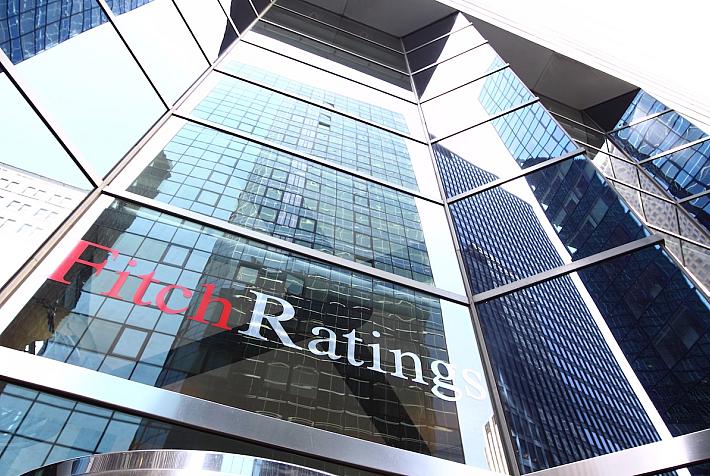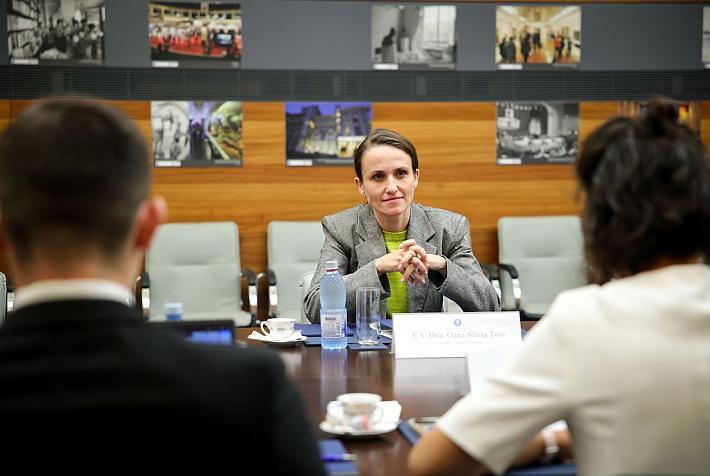Survey: Bucharest leads in salary increases in local business services industry

The salaries in the local business services industry have seen a 4% increase in March 2024 compared to September 2023, according to the HR Barometer conducted by the Business Service Leaders Association (ABSL) and PwC Romania.
Bucharest leads in salary increase levels at 4.7%, while the region of Banat - Transylvania witnessed an increase of only 2.1%. The staff categories that have seen increases are those of executive manager (9.8%), team leader (3.8%), specialist (3.9%), administrative staff (4.4%) and operator (1.9%). The employees working in sectors such as finance, accounting, HR, and support positions received the highest increases.
The business services industry is estimated to see an increase of 8% in the payroll budget this year, in line with the market trend. One in three companies has already implemented this in the first quarter of the year, the survey found.
The increased taxation on benefits popular in the industry, such as meal or holiday vouchers or sport subscriptions, had a negative impact on HR policies. Four out of five employers now grant the benefits in gross value, with the taxation passed on to the employees. A smaller percentage of employers plans to compensate totally or partially the loss incurred by employees for various benefits (4% in the case of holiday vouchers and 34% in that of meal vouchers).
The companies in the industry plan to continue offering benefits such as sports or medical subscriptions and private pensions. While parental benefits start to look appealing to employees, only 4% of the companies in the industry offer additional days off for employees who are parents, and three out of four companies offer paid days off over the legal limit allowed in the case of fathers.
At the same time, only 18% of the companies in the business services industry are considering reducing their HR costs, with most reductions to be made in the payroll (capping). The rest of the companies in the industry continue to allot resources for training and development, but also for employer branding and employee retention.
More than half of the companies in the industry require a minimum number of days worked in the office (between one and three days), while flexibility remains important for a third of survey respondents.
“The salary dynamics records a slight decrease compared to previous years, even in industries where the competition for talent remains high. Against the background of macroeconomic uncertainty and the expansion of automatization to an increasingly higher number of processes, the workforce demand is decreasing, as is the individual mobility at the employee level. In the short term, we are seeing a normalization of labor market relations, which had turned extremely difficult for employers in recent years,” Oana Munteanu, director, People & Organization with PwC, explained.
“The quality of the labor force compared to its cost has long represented a competitive advantage in attracting investors to Romania. In this context, the increasingly frequent talks about the progressive tax without talks with the business sector, predictability, and a national strategy that would support economic growth and retaining a highly qualified workforce can impact us negatively,” Cătălin Iorgulescu, VP of ABSL, said.
The HR Barometer was conducted by PwC Romania in partnership with ABSL at the end of March among 50 companies.
(Photo: Lupoian Flaviu/ Dreamstime)
simona@romania-insider.com












